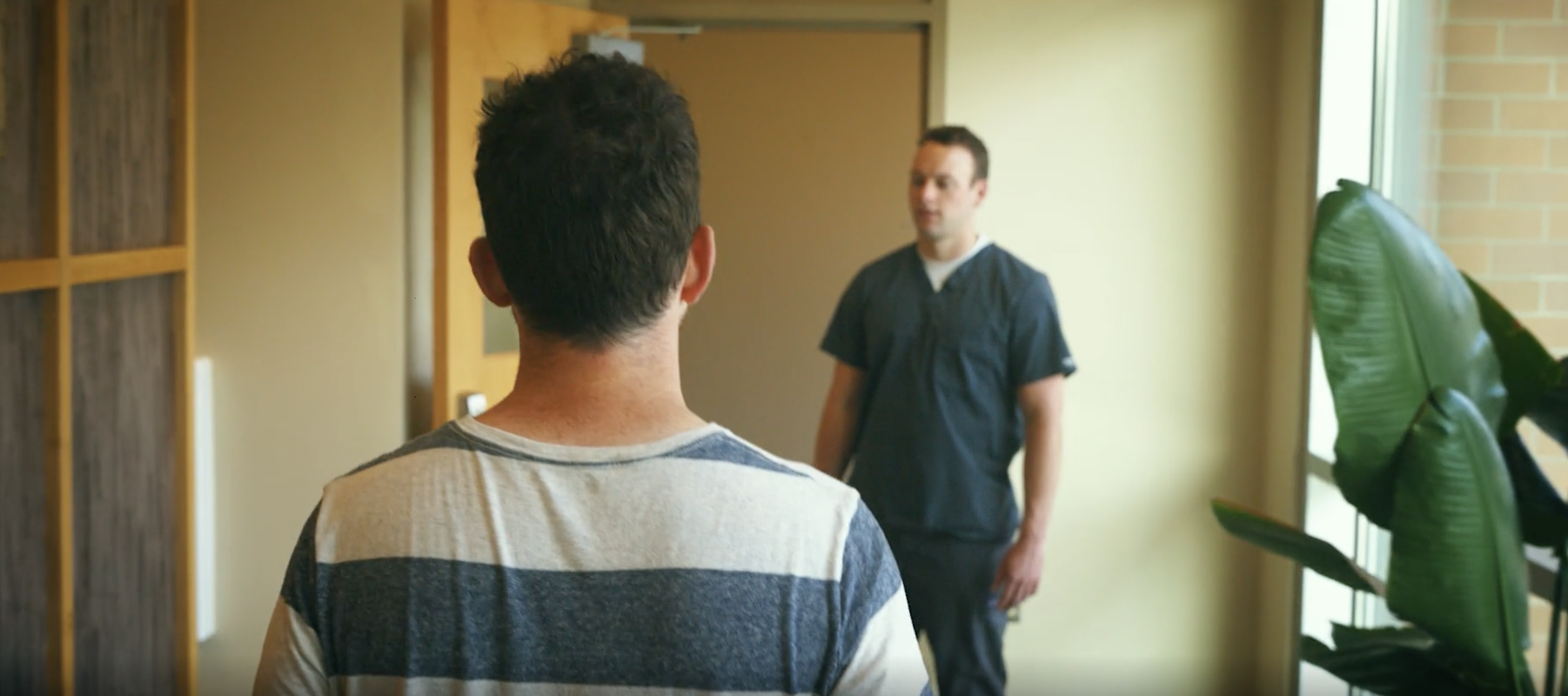Community Engagement Policing Pretrial Services September 28, 2021
The war on drugs has failed. More than 60 percent of people who are prosecuted for drug offenses reoffend. In Deschutes County, Oregon, our Clean Slate program provides a model for how communities can chart a better path.
Fifty-three percent of program participants have successfully completed the Clean Slate program, which requires not incurring a new arrest within one year. When compared to individuals that were eligible to enroll in the program but did not participate, only 38 percent were not cited for a new crime within 12 months. This impact is reflected again in that Deschutes County’s two-year recidivism rate hovers around 76 percent, but the two-year rate for Clean Slate participants is only 42 percent. Due to these successes, over 400 court appearances have been avoided and 253 people have been connected to much-needed medical care since the program’s inception in November 2017.
Front-end diversion efforts like Clean Slate—which occur before a court date, when a person has initial contact with law enforcement—can prevent overuse of jail and the negative consequences an arrest can have on a person’s life. We were able to develop the Clean Slate program and run the proof-of-concept pilot thanks to funding from the Safety and Justice Challenge Innovation Fund.
How the Program Works
When an officer interacts with a person on the street suspected of drug possession, rather than arrested them, they issue a citation to appear in court, and they give them a card with information about the Clean Slate program. Our office then calls that person and invites them to a Clean Slate orientation meeting which they can attend before their court date. At that meeting, the District Attorney or one of their deputies is there to welcome the person. After the welcome, the person has a confidential meeting with the public defenders, who also participate in the orientation process. After meeting with the District Attorney and the public defender, the individual meets with a substance use disorder professional who conducts an assessment. The person is then scheduled for an appointment with a primary care provider provider at one of the program’s participating federally qualified health centers. Once the patient shows up at that appointment, they are in the program and out of the criminal justice system.
Treating Substance Abuse Disorder in the Medical System, Not the Criminal Justice System
We have tried treating substance abuse disorder in the criminal justice system for the past 100 years, and we have failed miserably. It simply does not work. When someone is charged with possessing drugs, it is our belief that they either use recreationally or they are living with a substance use disorder and need the help of a medical professional.
The healthcare environment is very different from the criminal justice environment. Patients are free to talk openly and can communicate about what is going on with their lives. There are often underlying issues contributing to their substance abuse disorder. Sometimes it is a history of trauma or a mental health condition. There are also socioeconomic stressors that often play a role. Most people want to do better; they just do not know how to take the first step.
The leadership and providers at Mosaic Medical and La Pine Community Health Center were invaluable to this effort and worked intensely with us to develop the nuts and bolts of the program. They provide compassionate and competent care to our participants everyday.
Getting Law Enforcement on Board
Law enforcement officers have also been important partners. Many have embraced the program and encourage people suspected of possessing drugs to attend a Clean Slate orientation meeting.
Many officers on the street tell us they have come to have a better understanding of the people they interact with on a regular basis. They now realize that the people they are interacting with often have mental health issues, physical conditions, and trauma, which go together with drug addictions.
Handing a person a Clean Slate card and referring them to programs and resources can build a good working relationship between officers and the people they are citing. It shows the officer is not just there to throw a person into a jail cell but instead wants to see them succeed.
Humanizing People with Substance Abuse Disorder
People with a substance abuse disorder do not want or choose to have it. We are not giving them a break; we are giving them a chance to live the life they want to live.
By removing the criminal framework and demonstrating that there are healthcare providers here to help, we make it easier for people to stay employed and housed. Those are important ways for people to stay productive and engaged in society.
Our participants tell us they did not know programs like Clean Slate existed and that they did not think they had the resources to go through such a program. They feel like it is their opportunity to succeed and change their life. They also tell us that the medical staff they work with are helpful and kind, and that there is a lack of judgment which also helps them succeed.
One participant told us: “This program saved my life: I would have been dead by now. I reconnected with my family, have not been arrested, gained weight, got healthier, have fewer sick days at work. It is a miracle, and my whole life has changed.”
Lessons Learned
Police officers told us that the personal commitment of the prosecutor’s office to encourage them to refer to Clean Slate was important in securing their support. We also learned the importance of securing stakeholder support during the process of designing the program. And of course, we relied on data collection to validate the program’s success.
Jail detention has tremendous costs for the people in jail, their families, and their community. This program has reduced those costs and is a worthwhile investment in people’s futures.
We encourage other Safety and Justice Challenge jurisdictions to draw on the lessons from the Clean Slate Program to lower the use of jails and help people living with substance abuse disorder improve their lives.
The Clean Slate Program is also the subject of a case study by the Urban Institute which is available here. And you can watch a video about the program featuring participants and law enforcement, here.



